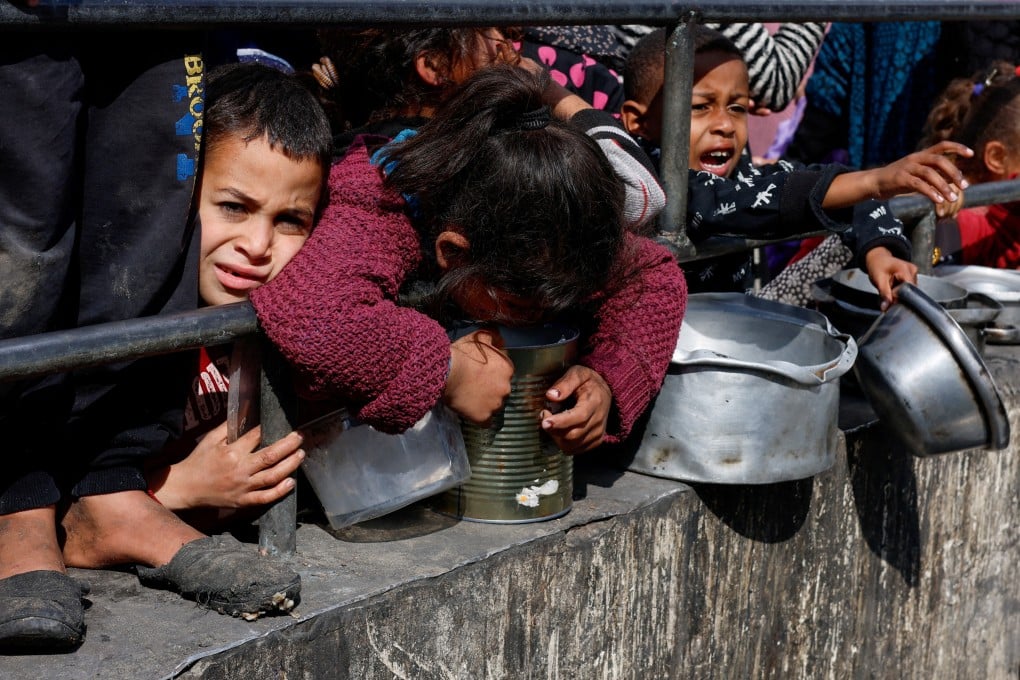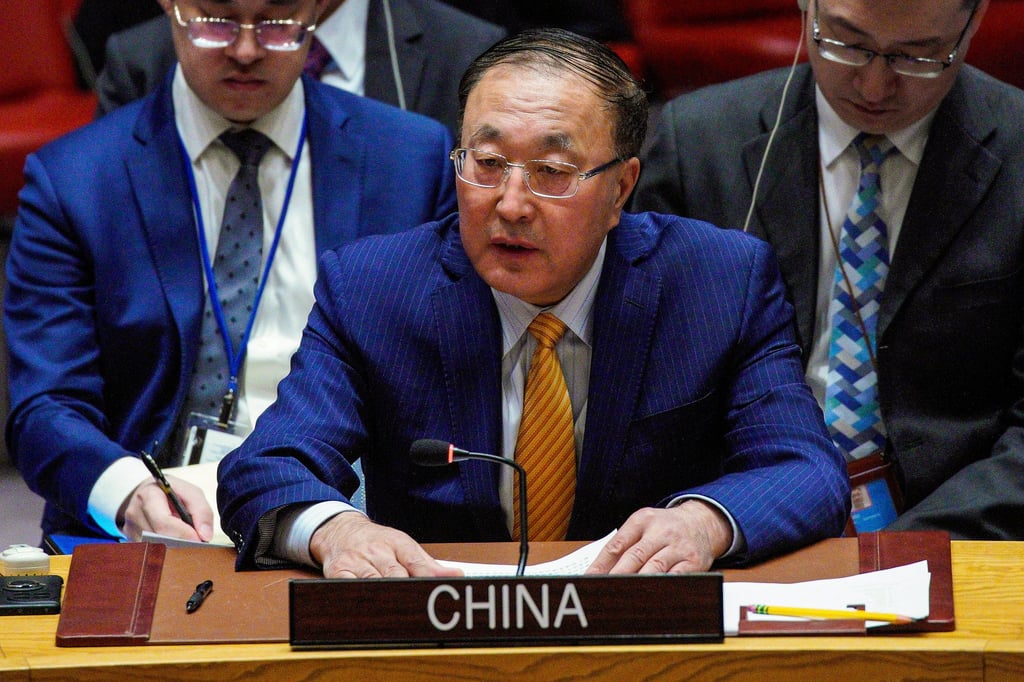Advertisement
Opinion | Gaza war gives Global South powers a chance to provide moral leadership
- Political deadlock at the UN Security Council and divisions in major democracies are stonewalling a ceasefire in Gaza as the death toll nears 30,000
- China and other major powers must step up to provide relief and manage contradictions in the world system
Reading Time:3 minutes
Why you can trust SCMP
5

The human suffering in Gaza is tragic beyond words. Relief agencies have been warning of extreme food deprivation and the outbreak of diseases. The official death toll in Palestine is reaching 30,000. According to the Gaza health ministry, women and children make up most of the casualties.
Even as Israel prepares for a ground invasion of Rafah, there is some hope that the “basic contours” of a hostage deal for a temporary ceasefire may soon be finalised. In the meantime, the pain felt by the trapped citizens of Gaza continues as major powers are unable to break through political deadlock.
On February 20, the United States exercised its veto for the third time on a United Nations Security Council resolution calling for a ceasefire. The US veto is in line with Washington’s policy of extending steadfast support to Tel Aviv, despite its own reservations about the scale and intensity of the Israeli reprisal to the October 7 Hamas attack – a sentiment that US President Joe Biden has ostensibly conveyed to the Israeli leadership.
Advertisement
The voting pattern among the five UN Security Council permanent members regarding the call for a ceasefire in Gaza is instructive. Earlier resolutions demanding a ceasefire were voted upon on October 18 and December 8. In each case, the US used its veto to block the call for a ceasefire. The United Kingdom abstained, even though it is deemed to be one of the closest US allies.
Of the other three permanent members, both France and China have supported the ceasefire resolutions on all three occasions. Russia abstained on October 18 but supported the call for a ceasefire on the last two occasions. During the latest Security Council vote on the matter, the US was rebuked by China for its indifference to the human suffering in Gaza.
Advertisement
Ambassador Zhang Jun, the Chinese envoy to the UN, expressed Beijing’s “strong disappointment and dissatisfaction” with the US veto and urged Security Council members to push for a ceasefire. He declared it was a “moral obligation that the council cannot shy away from”. Russia was reportedly also critical of the US position while France said it regretted the council’s inability to reach a consensus over the ceasefire.

Advertisement
Select Voice
Choose your listening speed
Get through articles 2x faster
1.25x
250 WPM
Slow
Average
Fast
1.25x
